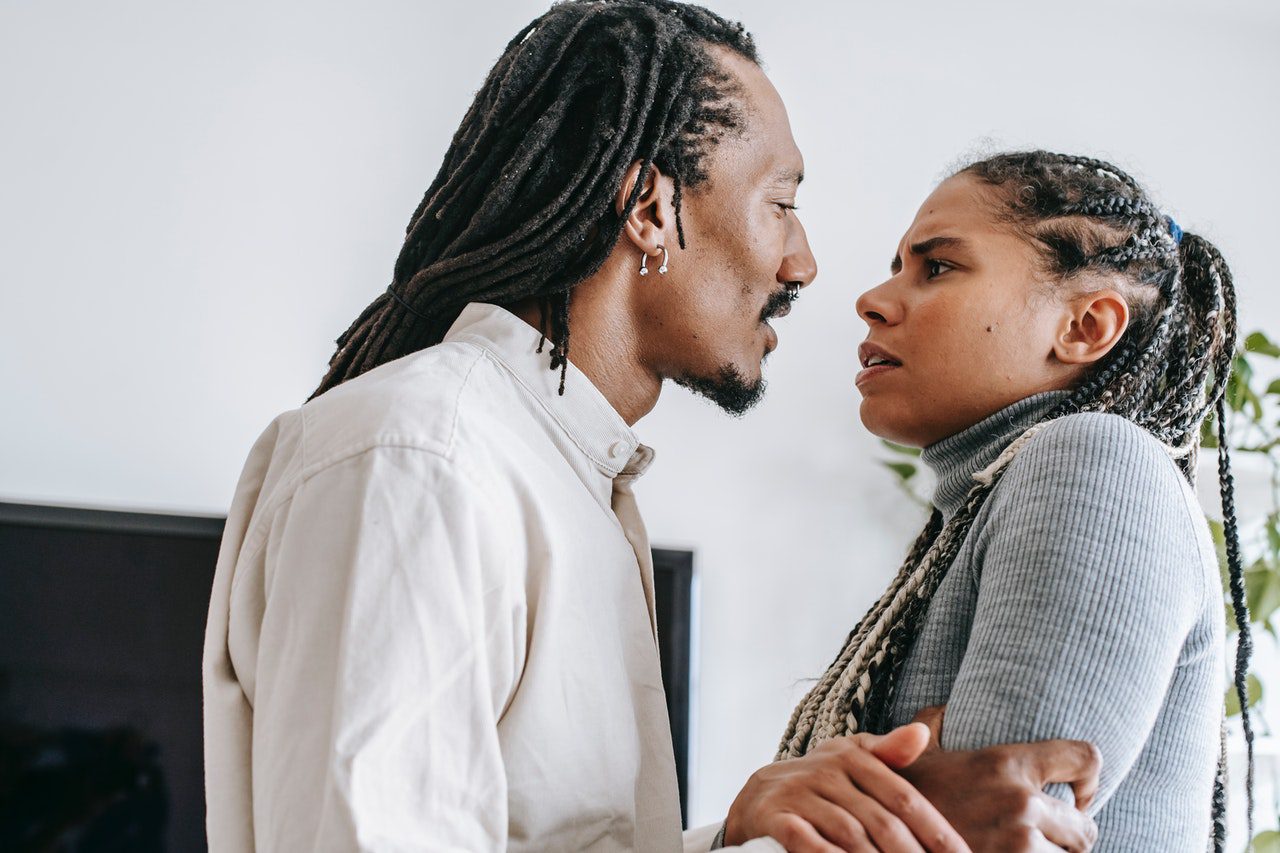People who have watched IT parts 1 and 2 probably know what we are talking about here. And no, this isn’t about a clown-like demon who is out to get your kids.
Rather we are talking about how Beverly married an abusive alcoholic just like her father, and Eddie marries a smothering woman whose personality resembles his mother’s. Even though Beverly was a part of the preteen gang, which fearlessly fights the demon, there was one person she was most afraid of, her father. And Eddie’s mother put him on a strict regimen of placebo pills, rendering him a hypochondriac as a child. Upon seeing the childhood of these characters, one would speculate that they would break all the ties from their parents and move away once they grow up, which they do, but they marry a younger version of the people they hate the most. Other than the demon created with CGI, this particular phenomenon caught my attention, and when I got a chance to interview Wendi Dumbroff, a Licensed Professional Counselor, unsurprisingly, the one of the first questions I asked her was;
Why do victims of abuse fall into a cycle where they keep putting themselves in similar situations?

Here is what Wendi said, “While dating someone, you may see some red flags even on a first date. And some people may ignore those red flags waving. You look at them and think why they are doing that to themselves.”
She continued by saying, “When I work with couples, I don’t just explore what is happening between the two people sitting in front of me but also look at their history.
Like where did they grow up, what sort of relationship their parents had, and what did they learn about being a husband or a wife. Upon asking these questions, we may find stories like a girl who left her house at 18 to escape from her alcoholic father but then ends up in a relationship with an alcoholic man. So why did this person who suffered from an abusive alcoholic father go out on a second date with a person who had 4 to 5 drinks on the first date itself? Very often, what is familiar and known to us can be ‘Uncomfortably comfortable.’ It’s what we know. And we can end up recreating patterns that we were hoping to get away from. In the above-mentioned example, when the girl sits down for dinner and her date has drinks, she thinks to herself, this is what all men do because she grew up seeing this behavior, and this has become normal for her.”
She further explained, “If you are coming from an abusive childhood, you may start telling yourself a story subconsciously that I am not good enough. This is all I get. I don’t really deserve it because if I did deserve it, my parents would have treated me better. Your conscious may say that I am never going to be in a relationship with someone that treats me badly. But the story your subconscious tells you based on things that happened to you as a child may tell you that this is all you get; you don’t get more than that.”
How to break free from this cycle?
It is unfortunate enough that some of us have to face abuse, be it of any sort. But even after recovering from it, we keep torturing ourselves. It is almost like we are punishing ourselves for something someone else did.
For people who find themselves in a similar cycle, Wendi has a piece of advice,
“People need to understand what the narrative of the life that they have is, how that narrative develops, and how it makes sense. They may realize that they were mistreated as a child, so they learned they don’t deserve good. And they can change that story; they don’t have to buy into that belief anymore. They shall start focussing on things about themselves that tell them they do deserve it as much as anyone else.”
She concluded by saying, “It can be very healing to create your own narrative, to replace the faulty narrative written by others of your past.


